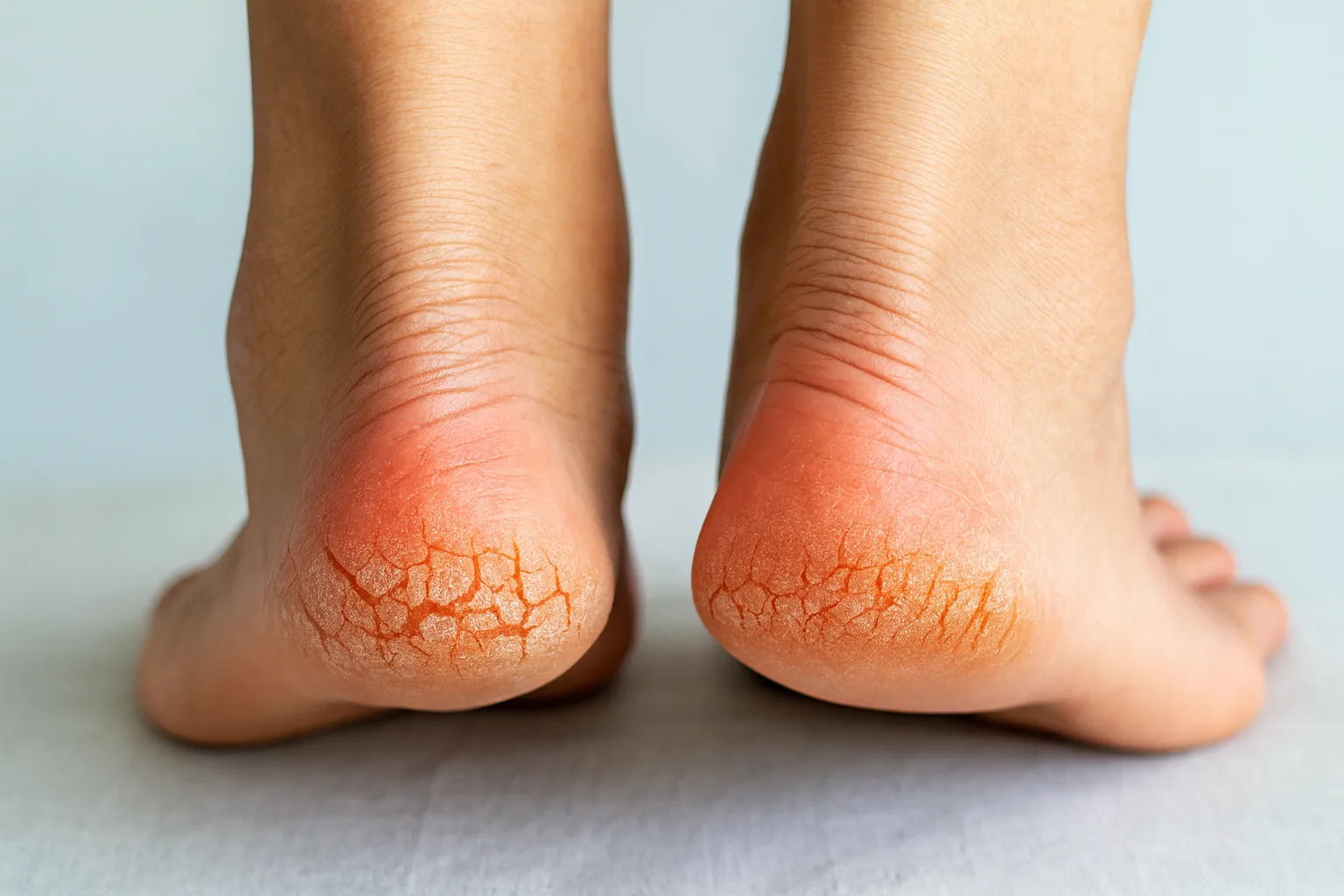Foot Problems:
Diabetes Foot Problems
Protecting Your Feet When You Have Diabetes
In Barbados, as in many parts of the world, diabetes is on the rise, and with it comes a greater risk of serious foot complications. At Podiatry International Barbados, we provide expert diabetic foot care to help you avoid the long-term complications of nerve damage, poor circulation, infections, and ulcers.
Even minor issues like a small cut or blister can become dangerous without proper care. Reduced blood flow means injuries take longer to heal, and diabetic neuropathy often dulls sensation, preventing you from noticing the problem early. That’s why daily foot checks and professional podiatric care are essential for anyone living with diabetes.
If you have Diabetes
Do:
-
Wash and examine your feet daily, checking for cuts, swelling, redness, or sores
-
Wear protective, well-fitting shoes and soft, moisture-wicking socks
-
Keep toenails trimmed straight across
-
Exercise regularly to promote circulation
-
Maintain a healthy weight
-
Quit smoking to improve blood flow
-
Visit your podiatrist regularly for foot exams
-
Take your socks off at every medical visit and ask your provider to inspect your feet
Don’t :
-
Go barefoot — even indoors
-
Use heating pads or walk on hot surfaces
-
Wear tight shoes, high heels, or pointed-toe shoes
-
Attempt to remove corns, calluses, or warts yourself
-
Ignore signs of swelling, redness, warmth, or wounds
-
Use non-sterile instruments on your feet
Diabetic Foot Ulcers
A diabetic foot ulcer is an open sore or wound, typically found on the bottom of the foot, caused by pressure, trauma, or unnoticed injury. These ulcers can become infected quickly and may lead to serious complications, including hospitalization or amputation if untreated.
Common Causes of Ulcers Include:
- Poorly managed blood sugar
- Loss of sensation (neuropathy)
- Poor circulation
- Repetitive trauma from ill-fitting shoes
- Ignored cuts or blisters
If You Develop a Sore:
- Do not self-treat
- Call your podiatrist immediately
- Alert the office that you are diabetic and have a foot ulcer
What Can You Do at Home?
- Inspect your feet daily using a mirror or help from a family member
- Avoid walking barefoot or wearing tight footwear
- Practice proper foot hygiene
- Moisturize dry skin (but avoid between toes)
- Keep toenails clean and cut straight
- Manage blood sugar as advised by your healthcare provider
What Can Your Podiatrist at Podiatry International Do for You?
- Perform a detailed foot exam and sensory testing
- Request imaging (X-ray, MRI, CT) to check for infections or bone involvement
- Provide wound care and debridement
- Prescribe off-loading orthotics or footwear to reduce pressure
- Collaborate with your GP, endocrinologist, vascular surgeon, and infectious disease specialist for complete diabetic foot management
- Educate you and your caregivers on daily foot care practices
Book an Appointment Today
Your feet deserve the best care. Schedule your podiatrist visit now and start your journey to healthier, pain-free feet. Located in Barbados.

